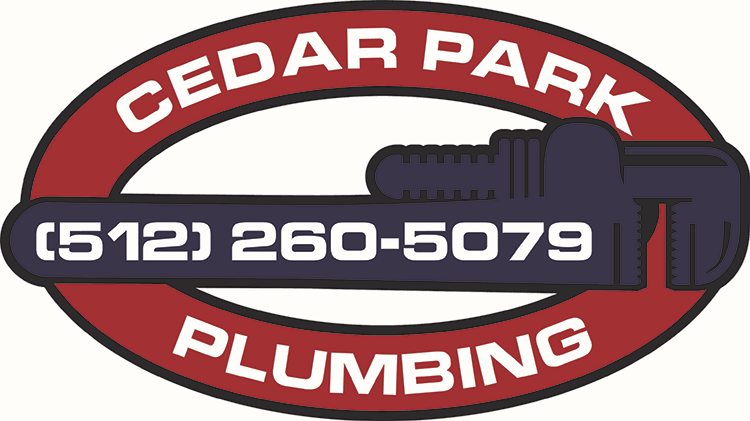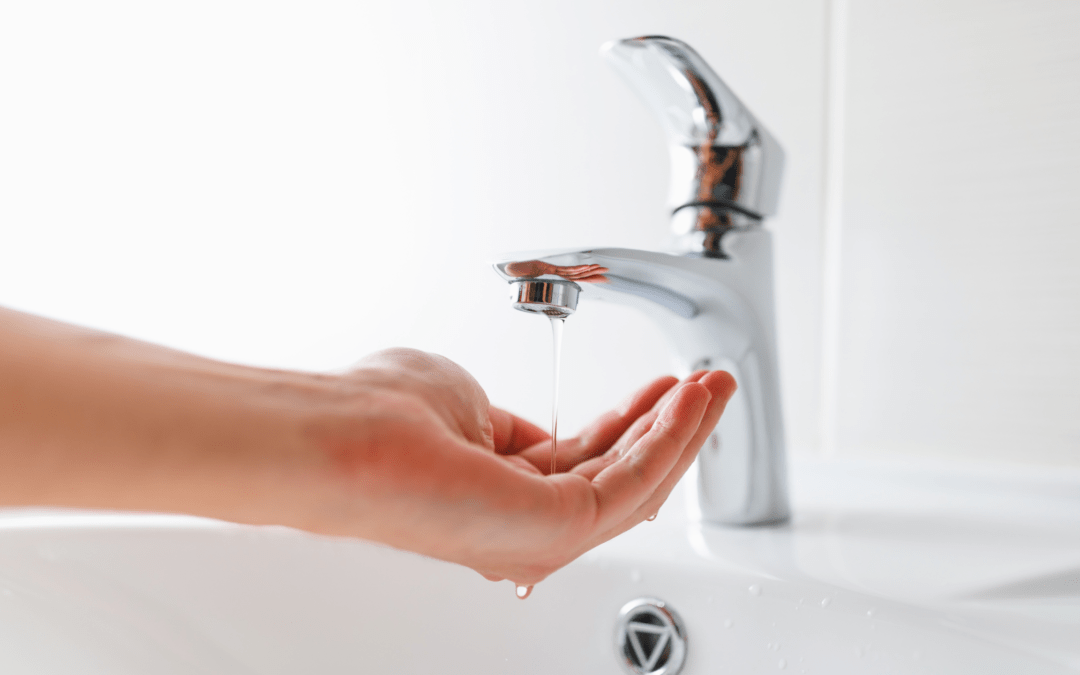Water pressure is an important aspect of your plumbing system. It can significantly affect your day-to-day activities that require water, such as showering, washing dishes, and doing laundry. However, having low or high water pressure can be frustrating and can cause damage to your appliances and fixtures. In this blog, we will discuss the common causes of low and high water pressure issues, how to diagnose and fix them.
Causes and Solutions for Low Water Pressure
There are several reasons why you’re experiencing low water pressure in your home. It can be due to clogged pipes, a faulty pressure regulator, or a malfunctioning water main. If you’re unsure of the cause, it’s best to contact a professional plumber to diagnose the issue. However, here are some DIY solutions that you can try first: -Check your faucets and showerheads for mineral deposits, and clean them out. -Open all the faucets in your home to flush out any debris or sediment that may be clogging your pipes. -Check the pressure regulator on your main water line and adjust it if necessary. -Inspect the shut-off valve and make sure it’s fully open.
Causes and Solutions for High Water Pressure
High water pressure can cause damage to your plumbing system and lead to leaks or burst pipes. It can be caused by issues with your pressure regulator, faulty valves, or the city’s water supply. Here are some solutions you can try: -Install a pressure regulator on your main water line to keep the pressure level healthy for your plumbing system. -Check your pressure relief valve and replace it if it’s faulty. -Replace old and worn-out pipes that can’t handle high water pressure. -Contact your city’s water supplier to reduce the water pressure if it’s above the recommended levels.
Preventing Water Pressure Issues
The best way to prevent water pressure issues is through regular maintenance. Here are some preventive steps you can take: -Check your plumbing system regularly for leaks, corrosion, and damage. -Get your plumbing system inspected by a professional plumber at least once a year. -Clean your showerheads and faucets regularly to prevent mineral buildup. -Replace old pipes, fixtures, and appliances before they cause issues.
Conclusion
Water pressure issues can be frustrating and cause damage to your plumbing system. By diagnosing and fixing problems with low or high pressure, you can ensure that your plumbing system is working correctly and efficiently. However, if DIY solutions don’t work, it’s best to contact a professional plumber to avoid causing further damage. Remember to take preventive steps to keep your plumbing system running smoothly and avoid water pressure issues in the future.

